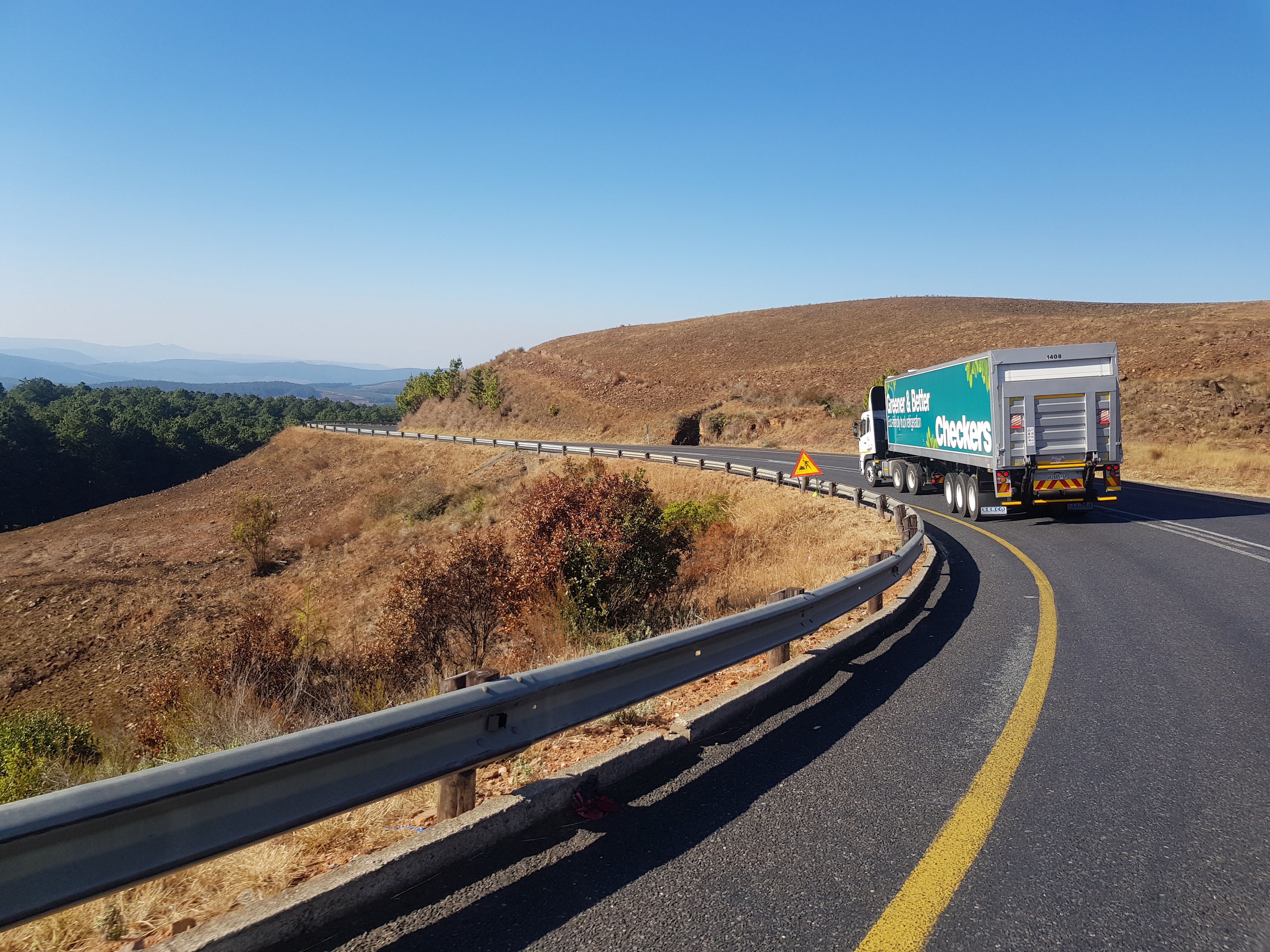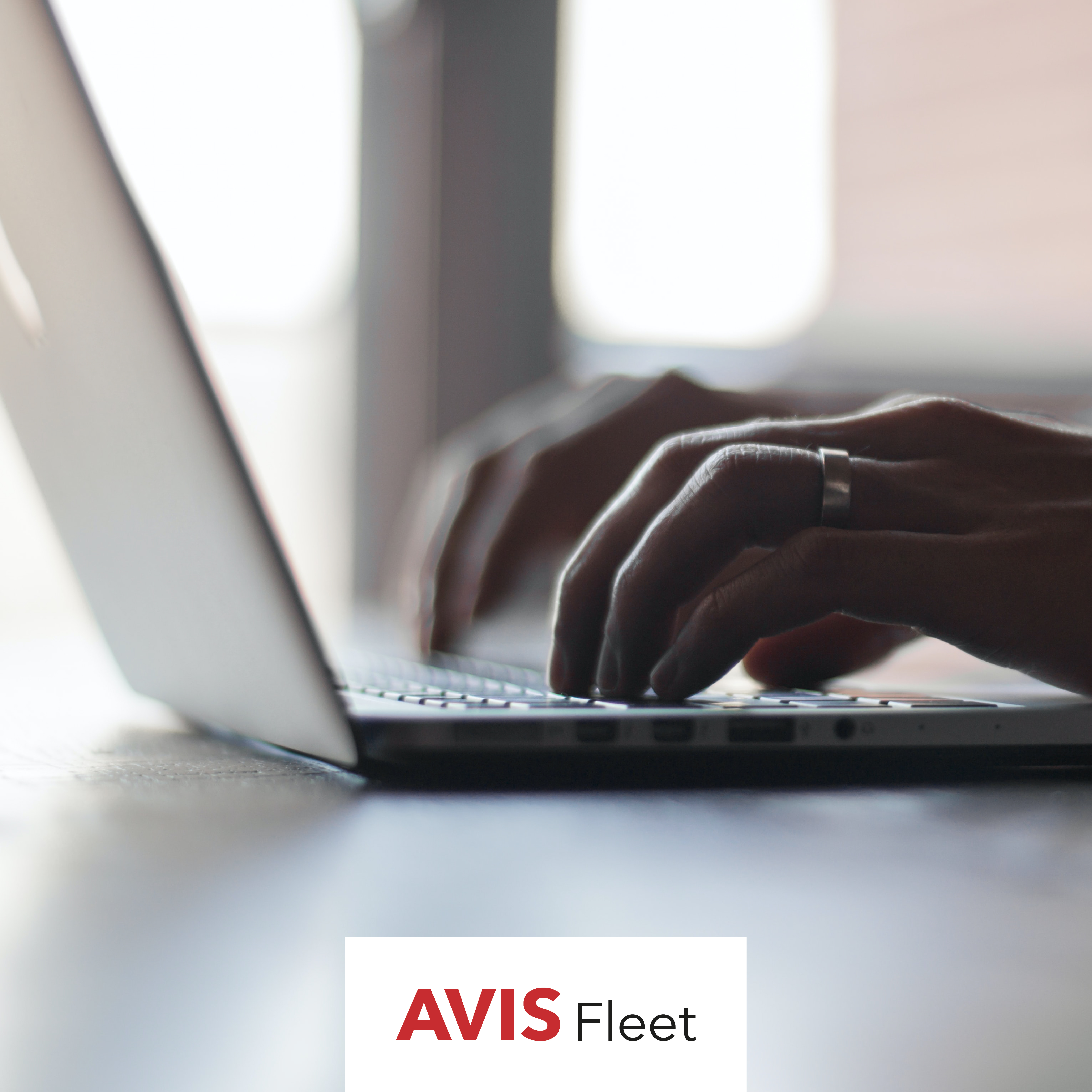In this interview with the Avis Fleet CFO, we take a look at the change in accounting standards necessitating on-balance sheet versus off-balance sheet lease disclosure.
The purpose of this blog is to inform readers about what the differences are and what each means to operating a business. We want to create awareness around a change in accounting standards to help our customers to deal with it as easily as possible.

The change in on-balance sheets vs off-balance sheets and what will it entail?
The change in standards comes from the International Accounting Standards Board (IASB), who represent the accounting fraternity and set standards worldwide.
They have decided that all assets (regardless of whether they are owned or leased) need to be on-balance sheet (previously leases could be either off-balance sheet or on-balance sheet based on certain criteria).
The new standard is only actually effective from the first of January 2019. But because of accounting being what it is and having to produce comparatives, customers need to be aware that they may need information from as early as 31 December 2017. T
he biggest change with this new statement is that all leases, with some minor exceptions, are going to be on-balance sheet.
Really what that means is that where you lease a vehicle from Avis Fleet for any period of time you will have to indicate the fleet vehicles as an asset on your balance sheet going forward. And you are going to have to have a corresponding liability which is the liability to Avis Fleet for the payment of the monthly rentals.
The asset and the liability are going to unwind over the period of the lease.
How is this different from the standard we have now?
What we have today is that when a customer leases a vehicle from us they simply have a rental charge that goes through their income statement as an expense (subject to some exceptions based on the classification of the lease technically).
So in future their balance sheet is going to look very different because of this right to use asset, meaning the right to use our vehicle which they will have to record.
The other thing that’s going to change is that, at the moment, in the customer’s income statement they simply expense the monthly rental as and when they pay it to us. What will happen with the new statement is that the asset unwinds on a straight line depreciated basis.
The liability, on the other hand, unwinds with a higher interest charge on day one going down to a lower interest charge at the end of the lease, with this expense pattern following a downward curve.
In other words, you are going to have more expense in month one (because the interest is higher) and less expense in month 36 or 48. So it’s going to actually impact on our customers’ profitability, depending of course on how many vehicles they have.
It will also depend on the mix of vehicles and how old the vehicles are and what the overall fleet looks like. What doesn’t change, is the cash flow. So the rental that the customer pays us is still the rental that the customer pays us.
Continued in part 2.
Avis Fleet is a fleet management company with longstanding experience and expertise. We aim to help companies optimise their fleet with our range of solutions designed for your needs.
Find more information about our fleet solutions here, or feel free to contact us directly with any questions that you might have regarding our services.





